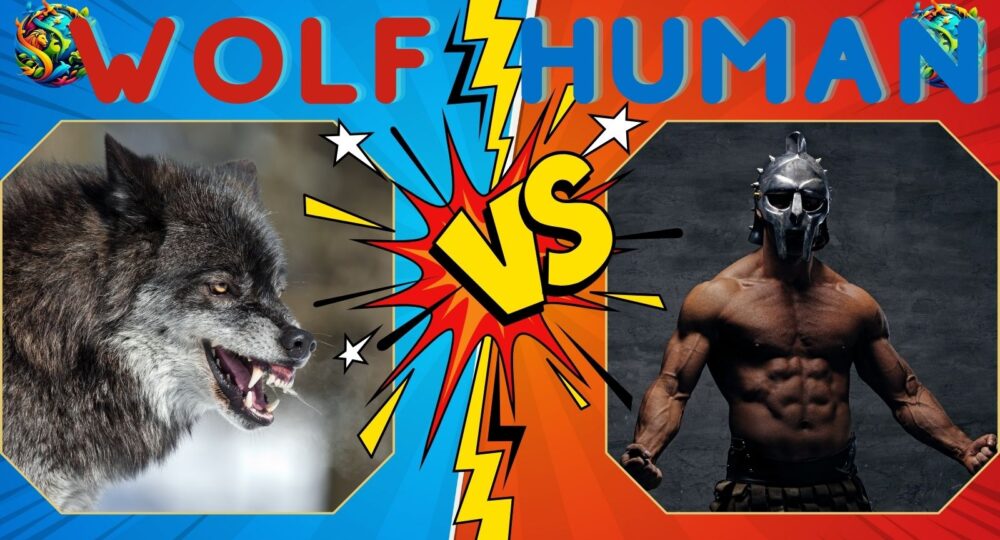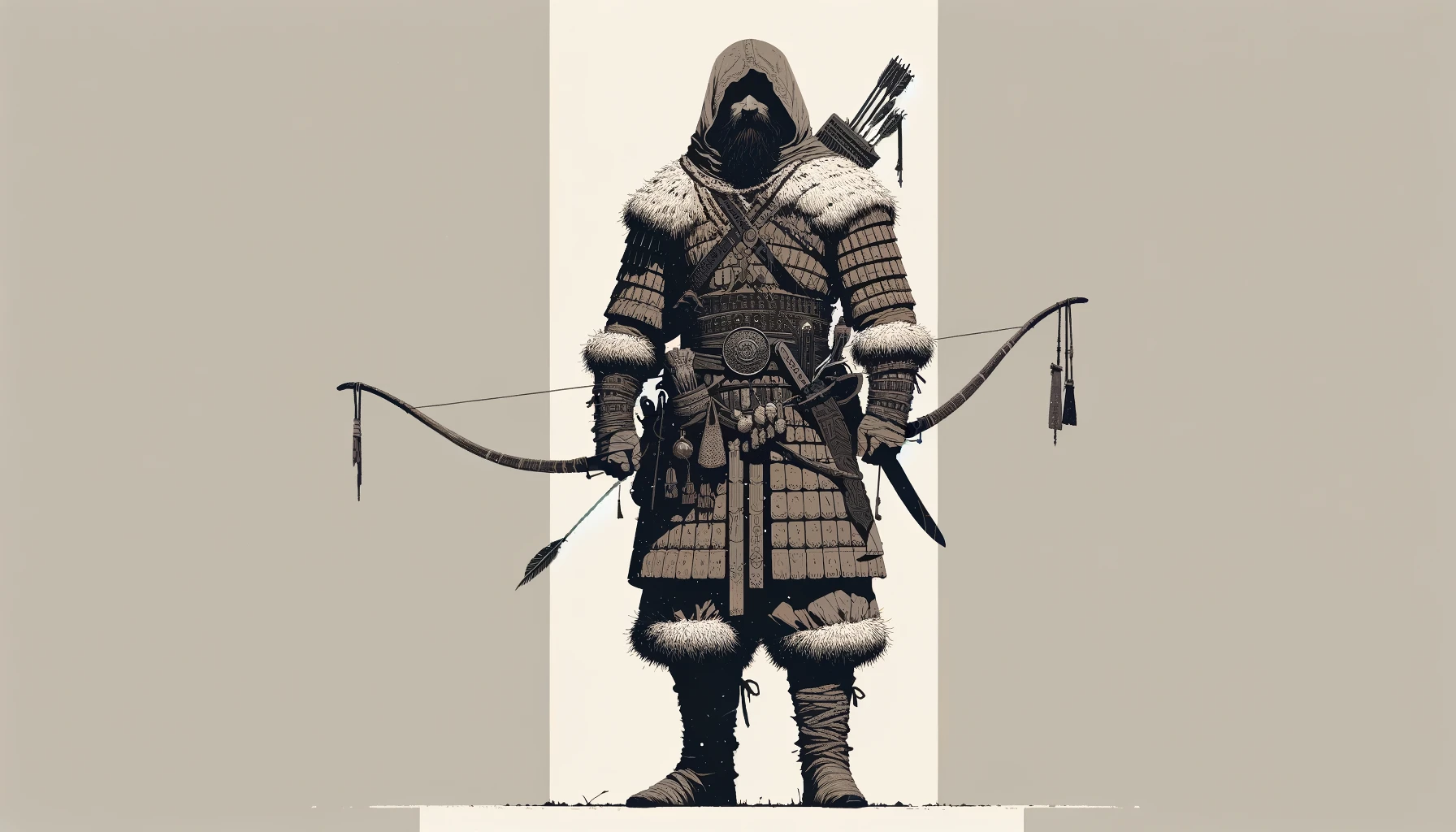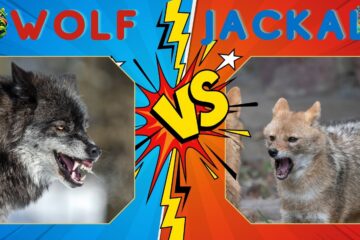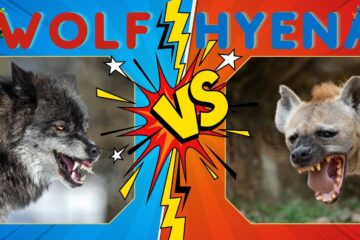Wolf vs Human
People are very interested in animals, but the wolf is one of the most interesting animals in natural history. Wolves, whose scientific name is Canis lupus, have lived in the wilds of the world for a very long time. Their howls can be heard in the woods and on the tundras, and their relationships with people are complicated. Wolves are both feared and admired. This piece talks about the interesting difference in size between humans and wolves, showing how our bodies are different and how these differences help us understand the world we live in.
A Quick Look at The Wolf
Wolves are a symbol of the wild’s free spirit. They live in a wide range of ecosystems around the world, from the thick woods of North America and Europe to the harsh Arctic. Wolves are divided into several subspecies. Each subspecies has adapted to its own environment, which is clear in the differences in size and look.

How to Figure Out Wolf Size
Most grown wolves are between 60 and 95 cm (24 to 37 inches) tall at the shoulder and between 105 and 160 cm (41 to 63 inches) long from head to tail. These beautiful animals can weigh anywhere from 30 kg (66 lbs) to 80 kg (176 lbs), with males being bigger and heavier than females majority of the time. The biggest wolf ever seen was an Alaskan wolf that weighed an amazing 80 kg (176 lbs). This shows how big the species can get.
The Human: A Look at Size
Humans, on the other hand, come in a wide range of heights and weights because of genetics, nutrition, and their surroundings. Adult men are usually about 175 cm (5 feet 9 inches) tall, while adult women are usually about 162 cm (5 feet 4 inches) tall. The weights of people vary a lot, but most fall between 50 and 100 kg (110 and 220 lbs). People’s normal height and weight have changed over the years because of changes in their health, diet, and way of life.
Analysis of Differences: Wolf vs Human
When you look at dogs and people side by side, the differences in size are clear. Wolves can cover large areas in search of food because their strong bodies and long legs make them good at stamina, speed, and strength. For humans, on the other hand, intelligence and social structures are more important than size when it comes to survival. Size is less important to their power as a species.
One interesting thing about this comparison is how the different species’ sizes affect their physical abilities. Wolves can run up to 37 mph (60 km/h) for short periods of time. This, along with their size, makes them very dangerous killers. Even though humans are not as fast or strong as other species, they have become the most powerful species on Earth thanks to their upright posture and skill with their hands.
Effects on the environment and people
The fact that wolves are bigger than people has big effects on how they deal with each other in the wild. People have always seen wolves as rivals, threats to livestock, and signs of the wild, untamed wilderness that needed to be tamed. But as top predators, wolves are very important to ecosystem health because they keep prey numbers in check and promote biodiversity.
Knowing about wolves’ physical traits, like their size, helps people understand how important they are to the environment and busts long-held myths and fears. This understanding is important for conservation efforts because it leads to policies and strategies for living together that protect wolf populations and address human worries.
In conclusion
When you look at wolf and human sizes next to each other, you can see more than just changes in size. You can see how the two species have evolved and how they fit into the natural world. We can learn more about the role of wolves in ecosystems and how important it is to have a polite and well-informed relationship with nature by looking at these differences. We share the Earth with wolves, so let us remember how important it is to protect them and keep doing study and teaching so that these beautiful animals can live and the earth stays healthy for everyone.
Wolf vs. human:Who will win?
If a wolf and a person get into a fight, the outcome could be very different depending on a lot of things, like how healthy and big both the wolf and the person are, whether the person has weapons or tools, the environment where the fight happens, and whether the wolf is defensive or hungry.
Without weapons and in the wild:
- Physical Strengths: Wolves are strong hunters with sharp teeth, strong jaws that can put a lot of pressure on things, and claws. They are made to last, be fast, and be strong. Humans, on the other hand, do not have any natural weapons and are physically weaker when they do not have tools or guns.
- Outcome: A wolf would have a big advantage in most straight physical fights without weapons because it is naturally good at hunting and has strong fighting instincts.
With the creativity and tools of people:
- Use of Tools and Weapons: The main reason humans have ruled Earth is their skill at making tools and weapons. When people have weapons, even simple ones like sticks and stones or more complex ones like knives, the odds of a fight are much better for humans.
- Strategic Thinking: People can think about and plan ahead in a strategic way, which gives them an even bigger edge when they are trying to prepare for or avoid a fight with a wolf.
Factors in the environment and the situation:
- Terrain: The setting could be very important. In a closed space, it might be harder for a person to leave or make the environment work for them, while in an open space, they might have more chances to use tools or the environment in a smart way.
- Why the Wolf Did What It Did: The reason for the fight is also important. There is a chance that a wolf will not start a fight to the death unless it feels trapped, scared, or very hungry. By nature, wolves are careful and tend to avoid taking risks that are not necessary.
Concerns about ethics:
- It is important to remember that animals, like wolves, usually stay away from people and rarely attack them directly. To avoid confrontation, it is important to encourage peaceful coexistence and learn how wolves act. Conservation efforts try to keep fights between people and animals to a minimum by teaching people, protecting wildlife habitats, and using non-lethal deterrents.
Concluding Wolf vs. Human:
A wolf has clear physical advantages in a direct, unarmed fight because of how it is built, but people can change the result significantly by using tools, weapons, and strategic thinking. But the main goal should always be to keep these kinds of conflicts from happening by knowing, respecting, and protecting the environment.
Author is a passionate writer with an engineering background, driven by a deep love for animals. Despite a successful entrepreneurial career, Saad's true passion lies in sharing his knowledge and insights about animals with the world.
Wolf Vs Jackal: Mystery Unsolved
May 3, 2024Wolf vs Dog: Mystery Unsolved
May 2, 2024Wolf vs Hyena: Mystery Unsolved
May 2, 2024
1 comment
Leave a reply Cancel reply
More News
Leopards: The Elusive and Versatile Big Cats
May 27, 2018Human: Marvellous Custodians of Planet Earth
May 29, 2024









hey there and thank you for your information – I’ve certainly
picked up anything new from right here. I did however expertise
some technical points using this website, as I experienced to reload the site lots
of times previous to I could get it to load correctly.
I had been wondering if your web hosting is OK? Not that I am complaining,
but sluggish loading instances times will sometimes affect your placement in google and
can damage your high-quality score if advertising and marketing with Adwords.
Well I’m adding this RSS to my e-mail and can look out for a lot more of your respective exciting content.
Make sure you update this again soon.. Lista escape roomów